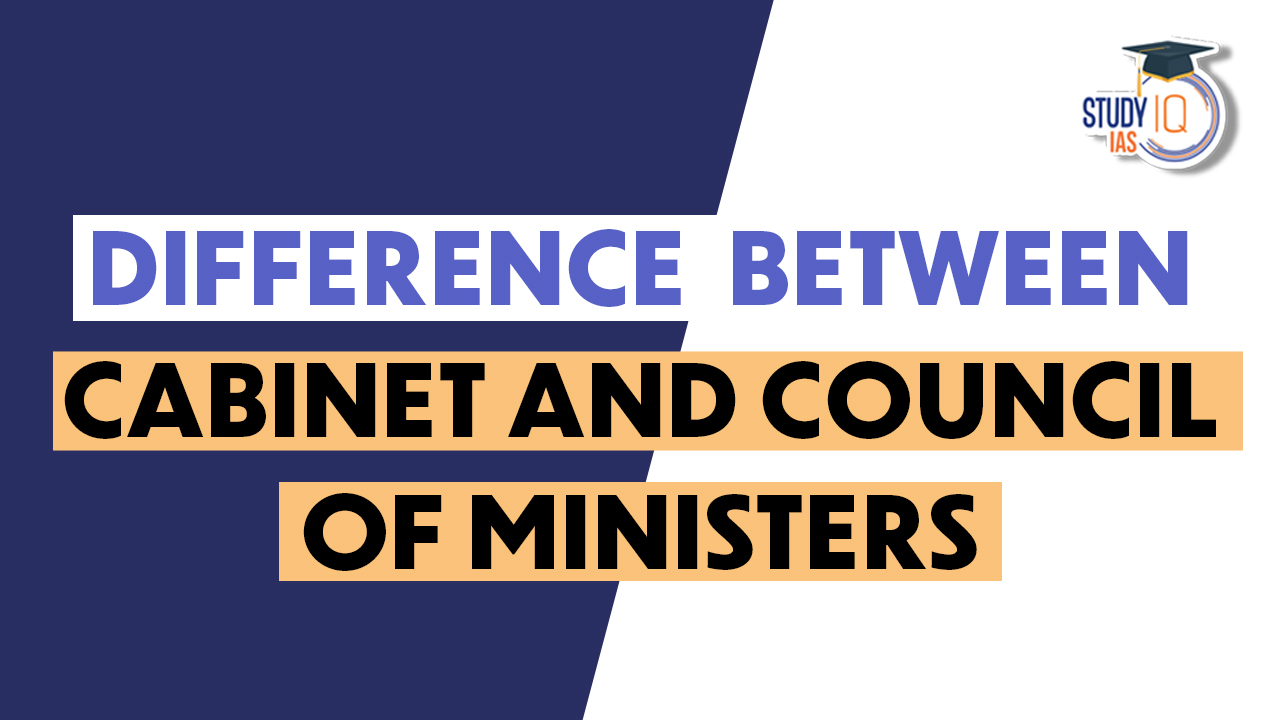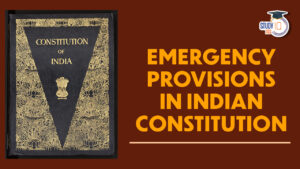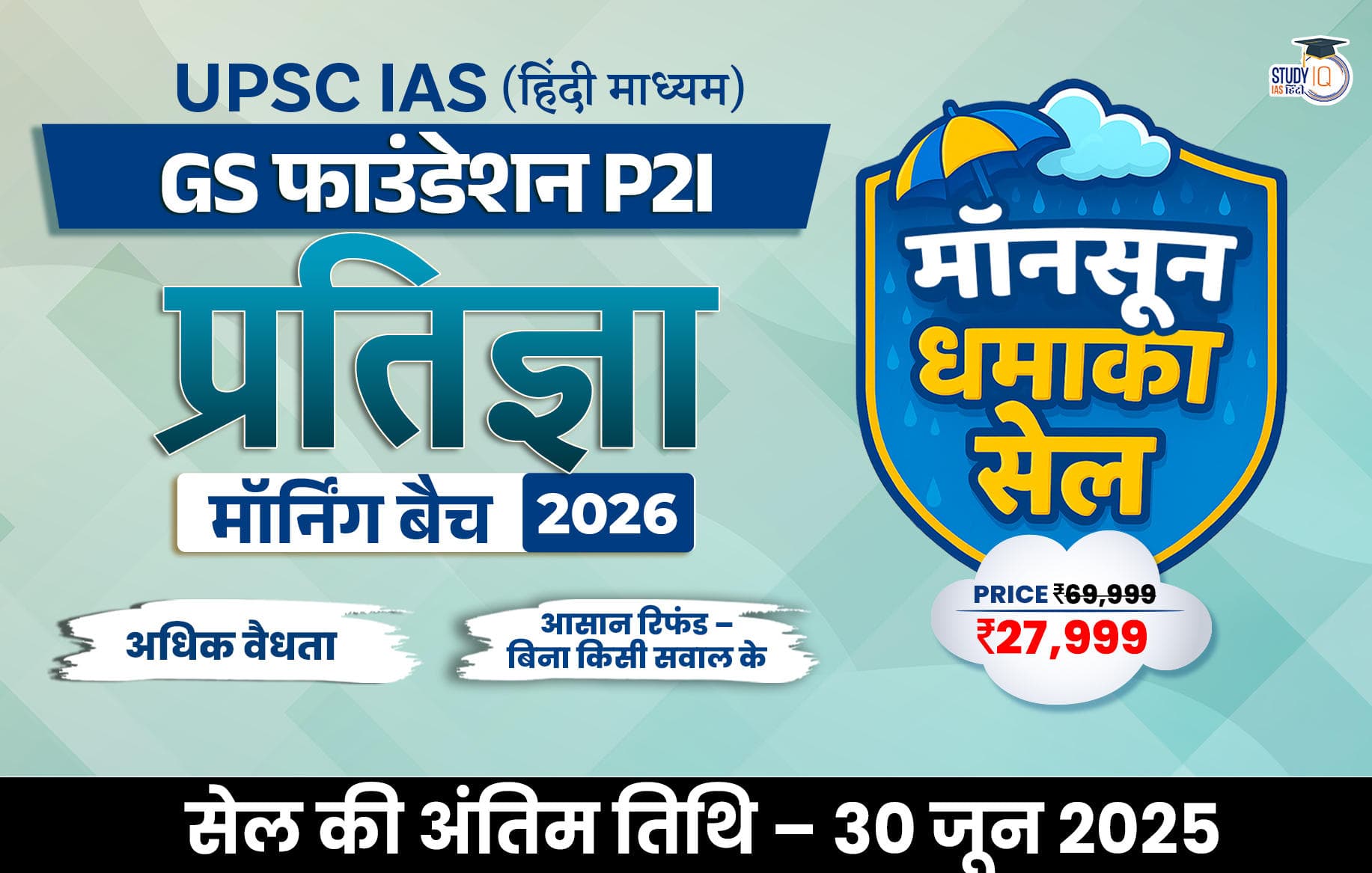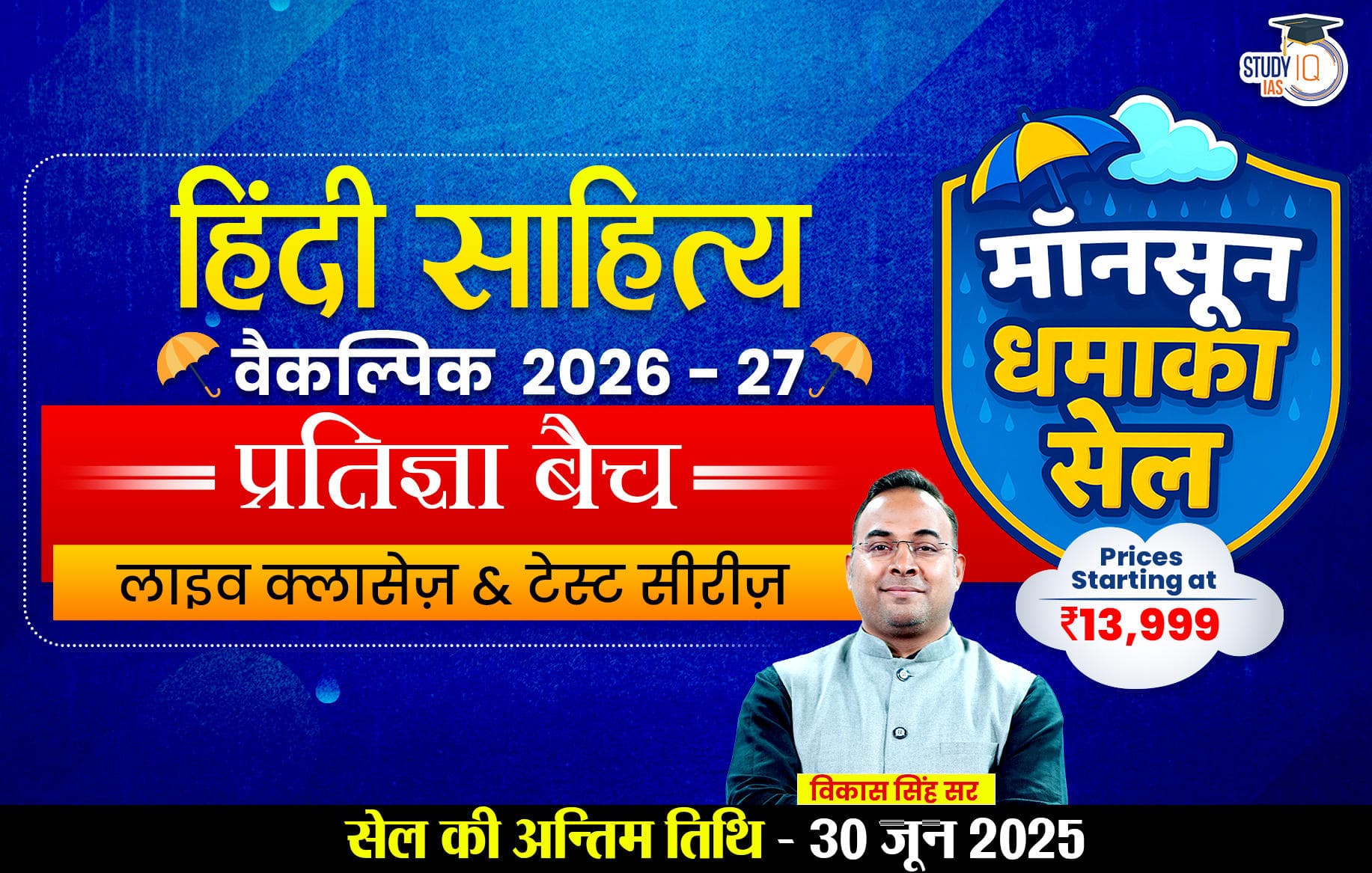Table of Contents
Difference Between Cabinet and Council of Ministers
Difference Between Cabinet and Council of Ministers: In the realm of government and administration, the terms “Cabinet” and “Council of Ministers” often surface, sparking curiosity about their roles and differences. Understanding the differences between these two crucial bodies is essential in comprehending how the executive branch functions in various countries. This article aims to shed light on the difference between the Cabinet and Council of Ministers, exploring their roles, composition, and significance in the decision-making process of a government.
Who are Cabinet Ministers?
Cabinet Ministers in India are senior members of the government who head specific government departments or ministries and are part of the top decision-making body of the government. They are appointed by the Prime Minister, who is the head of the government, and they play a crucial role in formulating and implementing government policies and programs.
Who are Council of Ministers?
The Council of Ministers in India refers to the collective body of all ministers, including Cabinet Ministers and Ministers of State (MoS), who assist the Prime Minister in running the government. The Council of Ministers, as a whole, is responsible for advising the President of India on the exercise of executive powers, and it is collectively accountable to the Parliament of India.
Key Difference Between Cabinet and Council of Ministers
Check here the Key Difference Between Cabinet and Council of Ministers in detail from every aspect.
| Aspect | Cabinet | Council of Ministers |
| Definition | The Cabinet is a subset of the Council of Ministers. It is the core decision-making body of the government, comprising senior ministers chosen by the Prime Minister. | The Council of Ministers includes all the ministers of the government, including Cabinet ministers, Ministers of State (MoS), and Deputy Ministers. |
| Composition | It consists of a small and select group of senior ministers, usually from key ministries. | It includes all the ministers, irrespective of their rank, who head different departments of the government. |
| Role | The Cabinet plays a crucial role in formulating policies, making major decisions, and overseeing important government functions. | The Council of Ministers collectively participates in policy-making, decision-making, and administration under the leadership of the Prime Minister. |
| Decision-making | It is responsible for making critical decisions on key issues and policies. The decisions taken by the Cabinet are usually binding on the entire government. | While the Council of Ministers contributes to decision-making, it may not have the same level of authority as the Cabinet. The collective decisions of the Council are often recommendations for the Cabinet to consider. |
| Authority | The Cabinet holds significant authority and power within the government. | The authority of the Council of Ministers is derived from the collective strength of all its members. |
| Meetings | Cabinet meetings are usually held more frequently and in a more confidential setting. | Meetings of the Council of Ministers may occur less frequently and might involve all ministers, depending on the agenda. |
| Leadership | The Prime Minister leads the Cabinet. | The Prime Minister presides over the Council of Ministers. |
| Significance | The Cabinet is the most influential body in the government and carries out essential executive functions. | The Council of Ministers represents a broader spectrum of ministers, contributing to the efficient governance of the country. |
| Constitutional Provision | There is no specific constitutional provision for the Cabinet, but it is a conventional practice followed in parliamentary democracies. | The concept of the Council of Ministers and its formation is mentioned in Article 75 of the Indian Constitution for the Union government. The state governments follow similar provisions under Article 164. |
Difference Between Cabinet and Council of Ministers UPSC
The difference between Cabinet and Council of Ministers is a crucial topic for UPSC aspirants, as it is an essential aspect of India’s governance and parliamentary system. Understanding the roles, functions, and composition of the Cabinet and Council of Ministers is important for UPSC exams. Aspiring civil servants must grasp the nuances of these institutions to comprehend the decision-making processes and executive functions in India’s government setup. Aspirants can do so by taking UPSC Online Coaching and attempting UPSC Mock Test.


 Indian Secularism: Constitutional Provis...
Indian Secularism: Constitutional Provis...
 India Mediation Campaign, Objectives, Pr...
India Mediation Campaign, Objectives, Pr...
 Emergency Provisions in Indian Constitut...
Emergency Provisions in Indian Constitut...





















